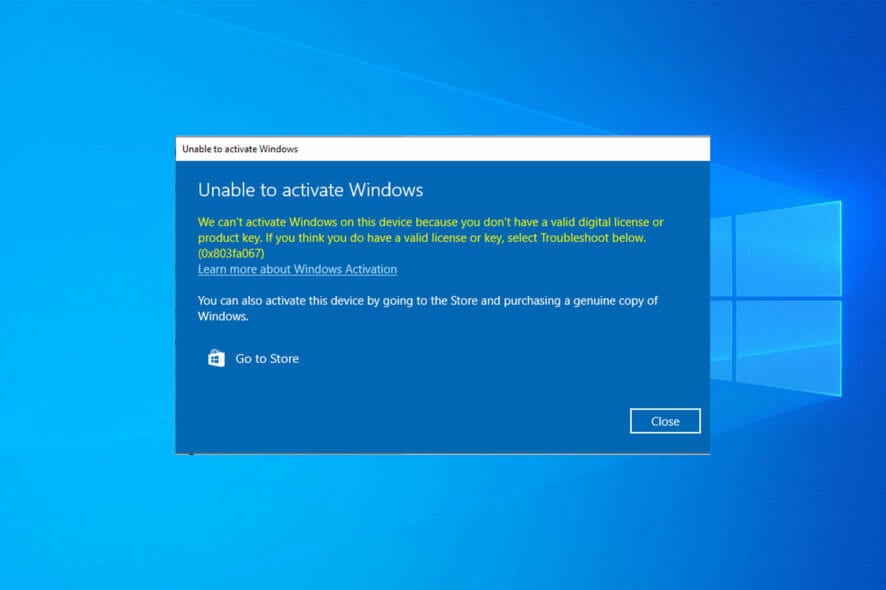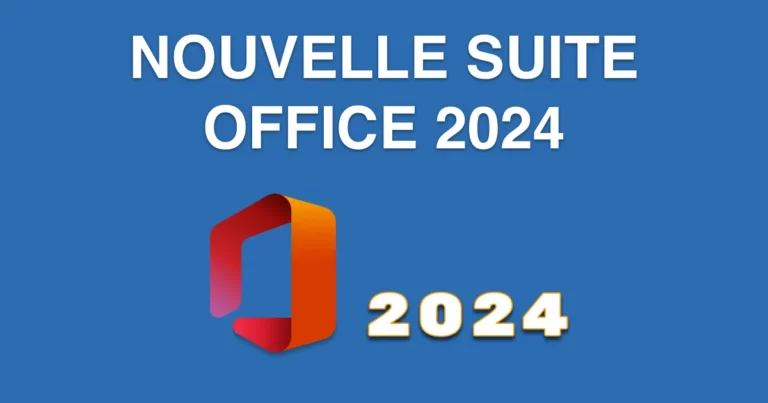Buying Windows 10/11 Pro/Home activation/license keys could be a risky investment. The deals may seem appealing, however they are usually coupled with hidden dangers. These are our top ten suggestions to guide you through and avoid issues related to price reductions that seem to be a bit low.
1. Compare to the Official Pricing
Microsoft Stores or trusted retailers such as Amazon, Best Buy and Newegg can give an idea of what the average cost will be for the cost of a Windows license.
Discounts in excess of 50% can indicate that a key has been counterfeited, stolen or has been forged.
2. Find out about typical cost ranges
Windows 10/11 Home keys are usually priced between $100-140 dollars.
Windows 10/11 Pro keys typically cost between $140-$200. If you find keys that are much less than the prices listed above that’s a huge signal of danger.
3. Low prices that seem suspicious are often a sign of illegal sources
Keys priced at $5, $100, or $200 could have been sourced by illegal or unethical methods, including:
Stolen from purchases that are legitimate.
Acquired through illegal volume licensing.
This was generated using software piracy.
Microsoft might not be able to support those who purchase these keys. You may also be removed from the program, have legal problems or lose Microsoft support.
4. Avoid “Lifetime Activation” Guarantees
Be cautious when a seller states that a key is a “lifetime activation” at a shockingly low cost. Keys that bypass Microsoft’s standard activate processes. This can result in issues with updates, or if Microsoft finds out that a bypass was made.
5. Verify the credibility and reputation of the seller.
Check if the seller is credible by reading reviews from customers and ratings as well as their past track record. A reputable seller has a strong track record, and thorough positive reviews.
Sellers with no credibility or have a lot of negative feedback tend to peddle untrustworthy products.
6. Grey Market Keys: Beware!
Certain platforms, for instance Kinguin G2A CDKeys or CDKeys have a reputation of selling keys at a low price that aren’t always legal and aren’t recognized by Microsoft. Although you might be receiving a bargain however, the keys you receive might not function.
If you decide to go with one of these sites make sure that the site has the best consumer protection plan.
7. No Warranty or Support is a Warning Sign
Official retailers typically offer warranties and support to their customers for software products. Keys sold by sellers that are cheap generally do not provide support and warranty. This could be a sign of an absence of credibility.
You may be unable to initiate a legal actions against unauthorised sellers in the event of issues with activation.
8. Be wary of “Digital Only Sales” with no reputable platforms
A lot of scammers offer “digital only” Windows keys for a cheap price through emails or on online platforms, without using reputable e-commerce websites.
Be sure to purchase keys that are digital only by using platforms that have been around for a while and have a strong track record in selling software.
9. Volume License Keys Aren’t for Individuals
Some sellers will offer cheap keys under the name of a Volume License. They claim it’s legal to use for personal purposes. Volume Licenses are designed for businesses, educational institutions and government agencies.
Microsoft can at any time cancel a VL-key bought by a person.
10. Check for Activation Steps That Are Different from Standard Procedure
Be wary of any seller who offers difficult activation procedures for example, calling a specific number, using third-party software, or following unusual manual steps. Genuine Windows Keys should be quickly activated via your computer or copyright.
Standard activation is merely entering the product’s code at installation or when you sign in to your copyright.
A Quick Overview of Red Flags:
Prices that are extremely low, well below market rates.
Sellers who don’t have a strong reputation.
Digital-only sales that are not transparent or support.
Claims that claim “lifetime activation” or keys that are not transferable.
Microsoft does not support complicated or manual activation methods.
These guidelines will assist you to stay clear of “too good-to-be true” pricing and will ensure the authenticity of your Windows key’s authenticity and longevity. Take a look at the recommended Windows 11 Home for more examples including buy windows 10 product key, buying windows 11, windows 11 pro license, buy windows 10, windows 10 pro license key, windows 11 license, windows 10 license key purchase, key windows 11 home, registration key for windows 10, Windows 11 keys and more.

Top 10 Tips On The License Type When Buying Microsoft Office Professional Plus 2019/2021/2024
Knowing the different types of licenses that are available is crucial when purchasing Microsoft Office Professional Plus 2019. 2021 or 2024. You must ensure you buy the right one to meet your requirements. Different licenses have different terms, support options, and restrictions. Here are ten suggestions to help you comprehend the differences between license types.
1. Learn about the primary kinds of licenses.
Microsoft Office Professional Plus has various licensing options, including Retail (original manufacturer of equipment), OEM (original equipment manufacturer) and Volume Licensing. Each type comes with specific terms and conditions:
Retail: An initial purchase typically tied to one person. If needed the license could be transferred to a different device.
OEM Devices are tied to the original device and cannot be moved. The price is usually lower, but it’s less flexible.
Volume Licensing: Suitable for businesses or educational institutions and offers a solution that can be scaled for multiple users.
2. Retail Licenses for Flexibility
A retail license offers the greatest flexibility. This allows users to install Office onto your device, and then transfer your license when you upgrade your PC. This is the ideal choice for users who upgrade their hardware or switch devices from time to time.
3. OEM licenses at a lower cost
OEM licenses are generally cheaper, but are tied to a single device and can’t be transferred. These are only available to computers pre-installed Office by the manufacturer. OEM licensing may save you money on custom computers, but may restrict the flexibility of your computer.
4. Understanding Volume Licensing
Volume Licensing is a solution to be used by government organizations, companies and educational institutions. This is the best alternative if you have to buy Office for many users or devices. Additionally, it offers advantages like the ability to manage your office from a central location, simpler deployment, and volume discounts.
5. Multiple Device Licenses Multiple Device Licenses
Retail licenses are usually for one or even two devices. (Example laptop and desktop laptop) Volume Licenses however, in contrast could include hundreds or thousands of devices depending upon the agreement you sign. Make sure you know how many devices the license will cover when purchasing.
6. Look for transferable licenses
Retail licenses tend to be transferable (as as soon as they’re deactivated) across the devices. OEM licences are usually locked to the device that they are installed on they are not transferable. If you plan to frequently switch computers it is a crucial factor to consider.
7. Think about User Licenses in contrast to Device Licenses
Certain licenses are only available to certain users, while others can be specifically designed for specific devices. If you’re buying Office for a person who will be using it across multiple devices, you should consider licensing options based on the user, like those offered with Microsoft 365 subscriptions and Volume Licensing.
8. Review Updates and Support
Microsoft offers regular updates for retail licenses as well as volume licenses. OEM licenses may have a limited support. The software may also not receive updates after the device that it’s attached to ceases to have manufacturer support.
9. Understanding Upgrade Licensing
If you have an Volume License (or Retail License) then you could be eligible to upgrade to the latest version of Office at a reduced price or via the Microsoft Software Assurance programme (for Volume Licensing).
OEM licenses typically don’t provide any upgrade rights, which means you’ll have to buy an additional license if you’re looking to upgrade to a new version of Office.
10. License Agreement Terms: Check them out
When buying any version of Office Professional Plus, always examine the terms of the agreement for licenses provided by Microsoft. These terms will include any restrictions or rules regarding the transfer of software, or the rights to use it on specific devices or for specific purposes (e.g. business use or for personal use). Knowing the terms will allow you to avoid unintentional limitations.
The article’s conclusion is:
The best type of license to use Microsoft Office Professional Plus 2019 2024, 2021, or 2021 is based on your individual needs, whether you’re an individual, a company, or an institution. Knowing the distinctions between Retail Licensing, OEM Licensing, and Volume Licensing can help you make an informed decision that is based on cost and flexibility and support, scalability and other factors. It is important to examine the license details to ensure you buy the correct product for your requirements. Take a look at the best Microsoft office professional plus 2021 for more examples including Office 2019 product key, Ms office 2024, Office 2019 product key, Office 2019, Office 2019 product key, Microsoft office 2024 download, Microsoft office 2019, Microsoft office 2024 release date, Microsoft office 2021 download, Microsoft office 2024 download and more.
